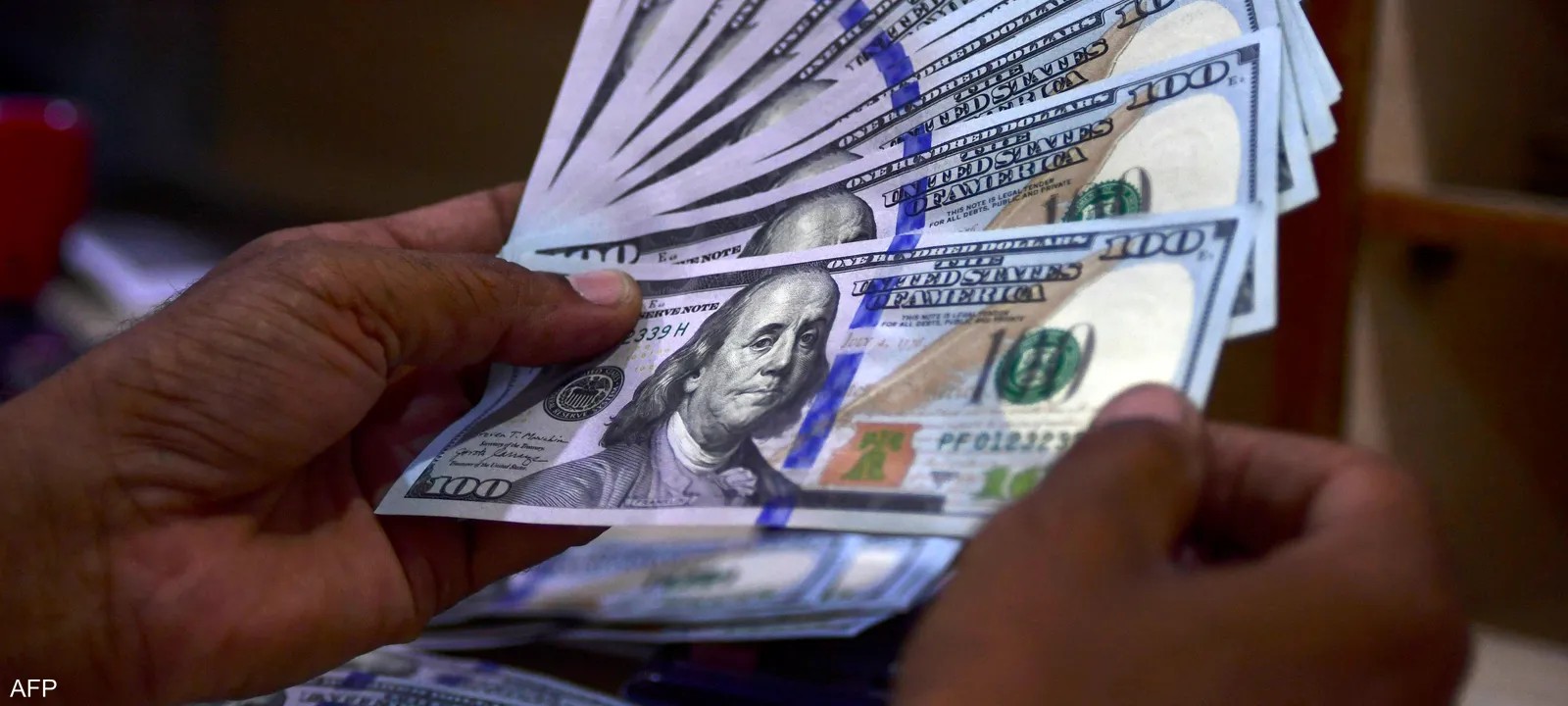The dollar rose, weighing on Asian stocks, as risk appetite remained subdued amid expectations of a less aggressive rate cut by the Federal Reserve.
The dollar rose against all G10 currencies, after the euro hit its lowest since early August, amid expectations that the European Central Bank will continue to cut interest rates. The yen also weakened by as much as 0.5% against the dollar.
Asian stocks fell 0.1%, with Japan down and South Korea and Australia up slightly. Hong Kong shares opened slightly higher, while mainland China shares were mixed. U.S. futures fell after the S&P 500 closed flat.
The weak performance in stocks comes as investors have scaled back bets on rapid monetary policy cuts as the U.S. economy remains strong, amid growing concerns about the broader fiscal deficit after the presidential election. In Asia, the strength of China’s recent rally continued to attract attention after a government-linked think tank called on authorities to issue 2 trillion yuan ($281 billion) in special government bonds to create a market stabilization fund.
“Asia is largely on the defensive, with the dollar in control amid recent Fed comments suggesting more gradual rate cuts, IMF reviews supporting a US exemption, and no clear momentum in China,” said Vishnu Varathan, head of economics and strategy at Mizuho Bank.
The U.S. stock market has rallied this year on a strong economy, strong corporate earnings and speculation about the expansion of artificial intelligence, sending the S&P 500 up more than 20%. Yet risks are still mounting, from a tense U.S. election to war in the Middle East and uncertainty over the path of Fed cuts.
Most Fed officials have indicated in recent comments this week that they favor a slower pace of rate cuts. Policymakers began cutting interest rates for the first time since the pandemic began last month, lowering the benchmark rate by half a percentage point to a range of 4.75% to 5%, amid concerns that the labor market is deteriorating and inflation is falling toward the Fed’s 2% target.
Meanwhile, the International Monetary Fund cut its forecast for global growth next year, warning of growing risks from wars and protectionist trade policies, though it praised central banks for successfully curbing inflation without tipping economies into recession.
In Asia, eyes were on two stock listings. Tokyo Metro, the metro operator in the Japanese capital, surged as much as 47% on its first day of trading after raising 348.6 billion yen ($2.3 billion) in Japan’s biggest initial public offering since SoftBank’s telecom unit listed in 2018. In Hong Kong, China Resources Beverage Holdings surged 14%, reflecting a strong response to one of the city’s biggest IPOs this year.
Oil prices fell after a U.S. industry group pointed to a build in inventories, while the Biden administration renewed efforts to reach a ceasefire in the Middle East. Gold also fell after hitting a new record high.
Elsewhere, options traders increased their bets that Bitcoin will hit $80,000 by the end of November regardless of who wins the U.S. election. In Japan, the yield on 40-year government bonds rose to a 16-year high amid growing expectations that the Bank of Japan will push ahead with interest rate hikes in the coming months.
In corporate news, Texas Instruments gave a bleak outlook for the current period despite beating estimates. Starbucks pulled its 2025 outlook after sales fell for a third straight quarter. McDonald’s shares fell after the company’s Quarter Pounder sandwiches were linked to an E. coli outbreak in the western United States.






































